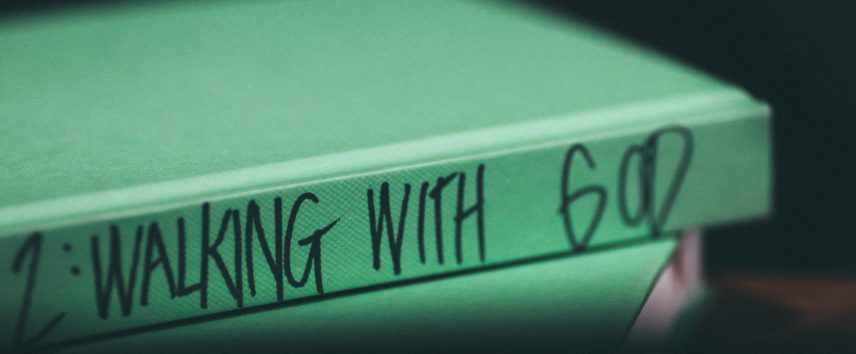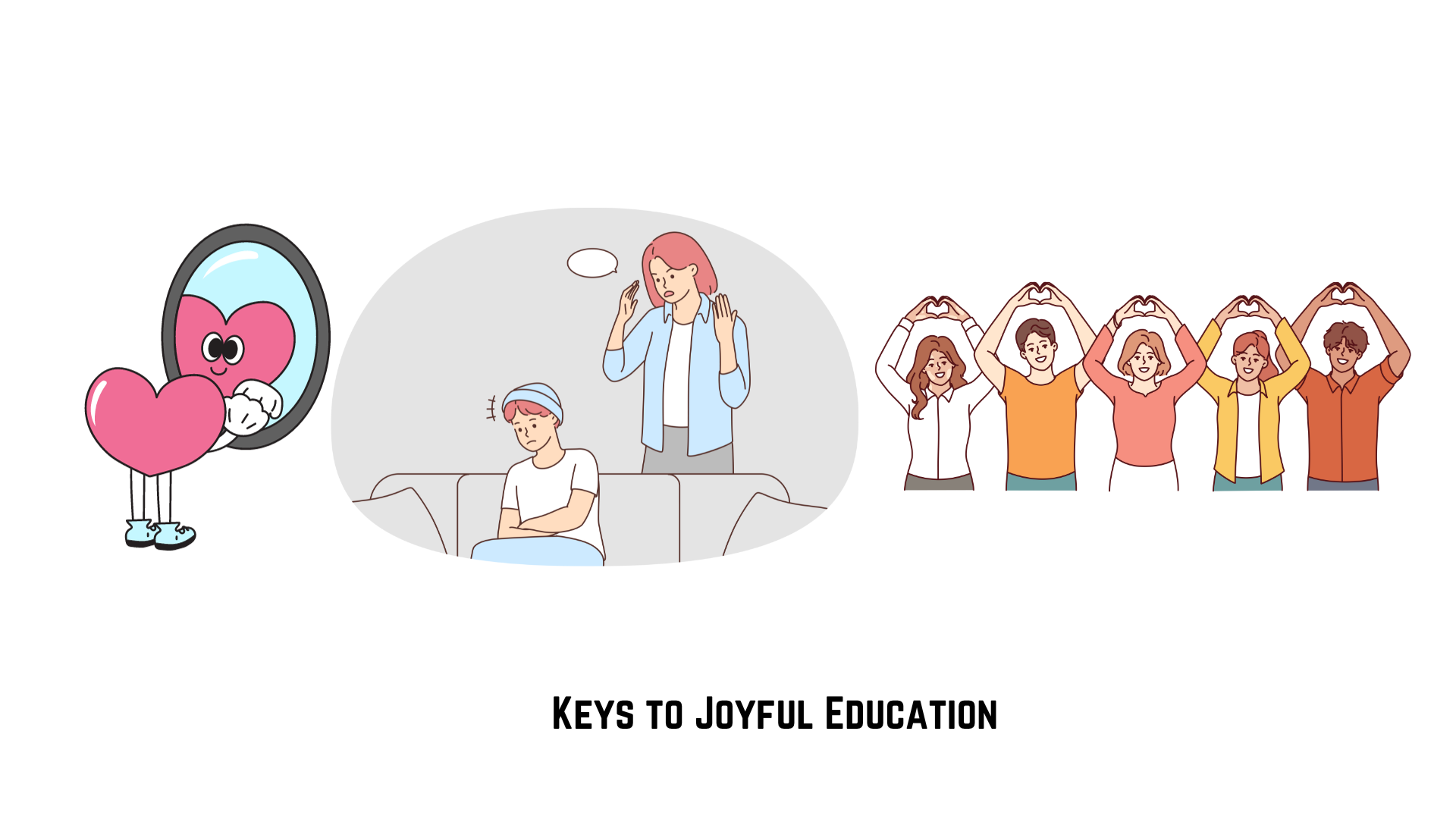Trending Now
- “If Edappadi Palaniswami permits, a thousand young members from the Virudhunagar district AIADMK are prepared to take up arms and engage in battle under my command.” – Former AIADMK Minister Rajendra Balaji
- “India is ready to deal with any counter-attack by Pakistan” – Wing Commander Vyomika Singh
- Central govt orders extension of CBI Director Praveen Sood’s tenure for another year
Columns
Salt Satyagraha/ The Salt of Life
![]() March 11, 2017
March 11, 2017
A human body is made up of 250g of table salt. It is essential for us as it regulates water content and electrical signals travelling via the nerves in our body. Salt’s ability to preserve food was an important part of human civilisation. Salt helps in preservation of food and improves the flavour. It was valued and traded just like how we value gold now. The word “salary” comes from the Latin word “salt”. The Father of our Nation Mohandas Karamchand Gandhi organised the Salt Satyagraha protest to demonstrate against the British salt tax.
Salt and Health
As an essential nutrient, sodium is involved in numerous cellular and organ functions. Salt intake that is too low may also increase risk for cardiovascular disease and early death.
Salt and Disease
High salt intake is associated with stroke, heart disease, stomach cancer and kidney disease.
How high can I take salt?
Majority of people in India take more than 10 g salt per day, twice the amount recommended by World Health Organisation. The southern and eastern states consume more salt than the rest of the country. The safe limit is around 5-6g/day in those with hypertension and less than 10 g in those without hypertension.
How low can I take salt?
As salt is an essential ingredient for our health, very low salt intake causes increased risk of heart disease and death. The lowest safe limit for salt intake is around 3 g/day.
Hidden salt in food
As per the American Heart Association, breads, pizza, sandwich, soups and processed meat are the top five foods that add salt in the diet, each per serving add approximately one gram. Our Indian food cooked in villages and cities traditionally have more salt than western diet.
How to cheat taste buds?
When you reduce the salt intake, at first foods may not taste as good. But taste for salt is acquired and can be lost over time. You will adjust over time and will start enjoying food with lesser salt. Natural substitutes that taste great include lemon, ginger, dried herbs, onion, garlic and dry mustard. Commercially available salt substitutes or low sodium salt are to be taken only after discussing with the doctor as some patients cannot take them due to risk of high potassium.
Can I check my salt intake?
Yes. Most of the salt we consume is excreted in urine and measuring sodium in urine gives a good account of salt intake. Unfortunately, not many use this to objectively measure the salt intake.
The author of the column is Dr. Ilangovan Veerappan, Chief Nephrologist, KG Hospital.
Disclaimer: The views expressed above are the author’s own.






















